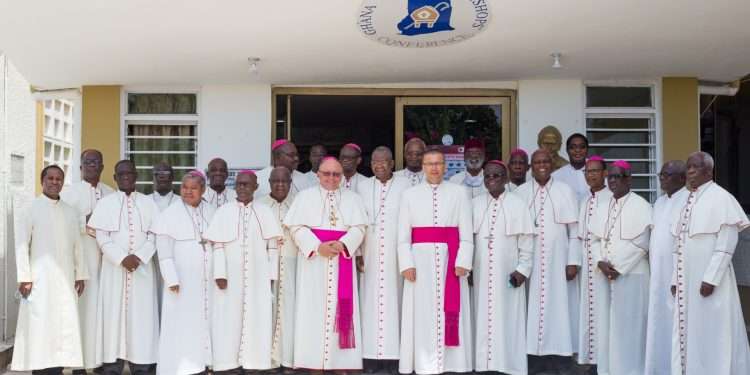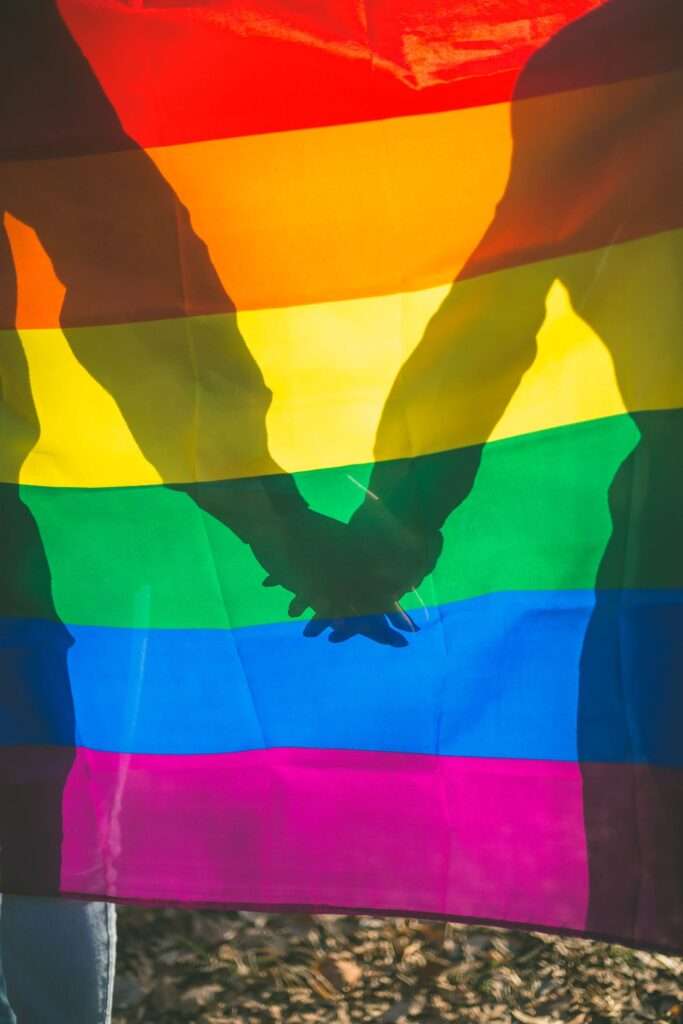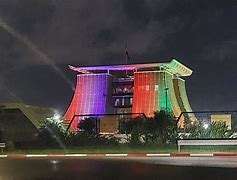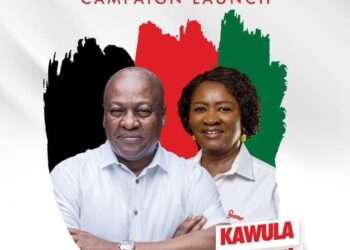In recent times, Ghana has been at the forefront of a controversial international issue; LGBTQ+, particularly as its Parliament is almost about passing an Anti-LGBTQ+ bill into law.
However, witnessing a significant shift in public discourse on LGBTQ+, religious bodies may be leading a significant turning point in the country’s stance on the matter. Traditionally struggling with conservative views on matters of sexual orientation, particularly from religious bodies, the nation is now experiencing positive developments that signal, albeit in twinkling hope, a gradual acceptance of the LGBTQ+ community.
One remarkable aspect of this transformation is the increasing vocal support from diverse individuals and organizations challenging long-standing prejudices. Advocacy groups and activists dedicated to LGBTQ+ rights are gaining momentum, working tirelessly to promote understanding and acceptance. Their emphasis on recognizing the inherent dignity of every individual, regardless of sexual orientation, is reshaping the narrative.
In times past, hardly did Ghanaians hold discussions on such subjects as it was considered a forbidden discourse, even if held in private. Increasingly however, Ghana’s youth, often the lead agents of societal change, are playing a pivotal role in reshaping perspectives. Open conversations about LGBTQ+ issues among the younger generation are fostering a more inclusive environment. Social media platforms have become powerful tools for amplifying voices, providing a space for dialogue, and challenging stereotypes. Influencers, celebrities, and ordinary citizens are using their platforms to advocate subtly for LGBTQ+ rights, contributing to a more tolerant discourse.

However, amidst these positive strides, a significant development has sparked intense public debate. The Catholic Bishops of Ghana have officially endorsed a draft bill before Parliament, seeking to criminalize LGBTQ+ activities in the country. Representing 13.1% of Ghanaians as members of the Catholic Church, the bishops labeled LGBTQ+ practices as “morally unacceptable” and underscored the need to formalize their position.
The Bishops argue that while the inclination of the homosexual person is not considered a sin, it constitutes an “objective disorder” towards an intrinsic moral evil. They firmly state that individuals engaging in homosexual acts should be held accountable for their actions, rejecting the notion that such behavior is always compulsive.
Despite their opposition to LGBTQ+ activities, the Catholic Bishops emphasized the importance of respecting the rights of homosexuals. Fundamental human rights, such as the right to life, personal liberty, freedom of thought, expression, religion, and protection from discrimination, were highlighted as rights that should be upheld.
“Although the particular inclination of the homosexual person is not a sin, it is a more or less strong tendency ordered towards an intrinsic moral evil, and thus the inclination itself must be seen as an objective disorder… The Church rejects the unfounded and demeaning assumption that the sexual behavior of homosexual persons is always and very compulsive and, therefore, they should not be blamed for their homosexual acts.”
Ghana Catholic Bishops
However, the Bishops clarified that, according to the Church’s understanding of human rights, the rights of homosexuals do not extend to the right to same-sex marriage. They argued that such unions are morally wrong and contrary to God’s purpose for marriage, referencing a 2016 ruling by the European Court of Human Rights.
The Catholic Bishops Conference joins other religious bodies in Ghana, including the Church of Pentecost, in endorsing the anti-LGBTQ+ bill. Effutu lawmaker Afenyo Markins, a member of the Catholic Church, expressed his support, aligning his views with the position of the Church.
“The church says that by the culture of Africans, we are against same-sex marriage but it is also against criminalizing somebody who has that sexual orientation. I am a catholic, I don’t hold a contrary view to what the Catholic Church is saying.”
Afenyo Markin, Deputy Majority Leader
This endorsement contrasts with statements from Cardinal Peter Turkson, the chancellor of the Pontifical Academies of Sciences, who asserted that there is no need to criminalize homosexuality.
The U.S. Ambassador to Ghana, Virginia Palmer, has expressed concern that the proposed bill could impact Ghana’s reputation as a welcoming and tolerant society. She warned that discriminatory legislation could deter investments from the LGBTQI+ community and other American investors.
The global context of the debate was highlighted with reference to the World Bank’s decision to halt new loans to Uganda over its controversial anti-LGBTQ law earlier this year. The lender stated that the law contradicts its values of inclusion and non-discrimination, signaling potential consequences for countries embracing anti-LGBTQ+ legislation.

Religious leaders have continued to engage in conversations that reflect a more nuanced understanding of LGBTQ+ issues. While some religious bodies maintain conservative stances, others are taking steps towards greater empathy and acceptance. Dialogues between LGBTQ+ advocates and religious leaders are helping bridge the gap, encouraging a more inclusive interpretation of faith that respects the rights and dignity of all individuals.
Ghana, with its eye on international partnerships and investments, is increasingly recognizing the importance of aligning with global standards of human rights and inclusivity.
While strides are being made, the nation stands at a crossroads, navigating the balance between tradition and progress. Notwithstanding, the ongoing conversations and actions are shaping a more inclusive and tolerant Ghana for generations to come.
READ ALSO: Minority Accuses Government Of Robbing Peter To Pay Paul Over Tax Exemptions





















